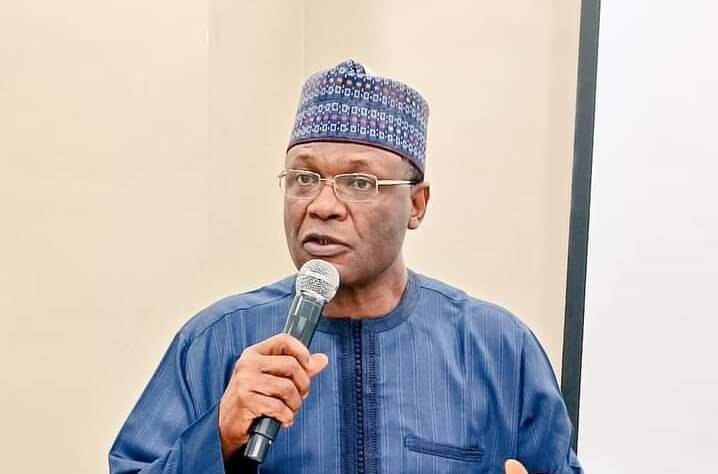The Independent National Electoral Commission (INEC) has dismissed concerns raised by the African Democratic Congress (ADC) over the high number of voter pre-registrations recorded in Osun State during the first week of the ongoing Continuous Voter Registration (CVR) exercise.
The controversy began after INEC announced on Monday that more than 1.3 million Nigerians had completed their online voter pre-registration within the first week of the exercise. Out of this figure, Osun State accounted for 393,269 registrations, a number the ADC described as “statistically implausible” and inconsistent with both demographic data and historical voter registration patterns.
The ADC’s position was made public in a statement issued on Thursday by its spokesperson, Bolaji Abdullahi. The party expressed suspicion over the unusually high figures attributed to Osun, suggesting that the numbers warranted closer scrutiny.
In a swift response, INEC rejected the allegations, insisting that there was nothing unusual about the figures. Rotimi Oyekanmi, Chief Press Secretary to the INEC Chairman, Mahmood Yakubu, issued a statement explaining that Osun has historically led in voter registration numbers, particularly in the early stages of online pre-registration.
Oyekanmi recalled that when INEC first introduced the online pre-registration system in June 2021, Osun State also topped the list of states with the highest number of registrants. According to him, within the first 24 hours of that exercise, 59,331 accounts were created nationwide. By the second week, there were 456,909 active accounts across the country, with Osun accounting for 154,893 of those registrations.
He further noted that the state maintained its lead throughout the 2021–2022 registration period, recording more than 708,000 registrations by April 2022. Oyekanmi argued that a simple review of publicly available records from that earlier exercise would have shown the ADC that Osun’s early lead in the current registration cycle is consistent with past trends.
According to INEC, the registration process is subject to multiple layers of verification. Oyekanmi stressed that during the previous CVR exercise, the commission paused after each quarter to display preliminary registers for public scrutiny, allowing for claims and objections. At the same time, INEC deployed its Automated Biometric Identification System (ABIS) to detect and eliminate duplicate registrations.
He emphasized that INEC does not speculate on why one state might record higher numbers than others but maintains its responsibility to ensure that only eligible Nigerians are included in the register. He added that every applicant must meet the constitutional requirements set out in the 1999 Constitution and the Electoral Act of 2022 before being confirmed as a registered voter.
The statement reiterated INEC’s commitment to transparency in the registration process, assuring Nigerians that both online and in-person CVR data would continue to be made public at intervals. Oyekanmi urged political parties and citizens to rely on verifiable information from INEC’s official sources rather than drawing conclusions based on speculation.
He appealed for caution in public commentary, warning that unverified claims could undermine public trust in the electoral process. According to him, authentic and reliable records are available for scrutiny and should be consulted before raising doubts about the integrity of voter registration figures.
The back-and-forth between INEC and ADC comes at a critical period as Nigeria prepares for future elections. While INEC has pledged to ensure a credible process, opposition parties continue to call for vigilance, stressing that transparency in voter registration is fundamental to free and fair elections.





